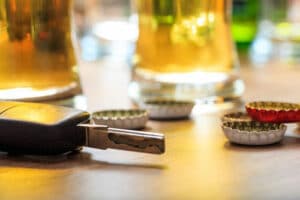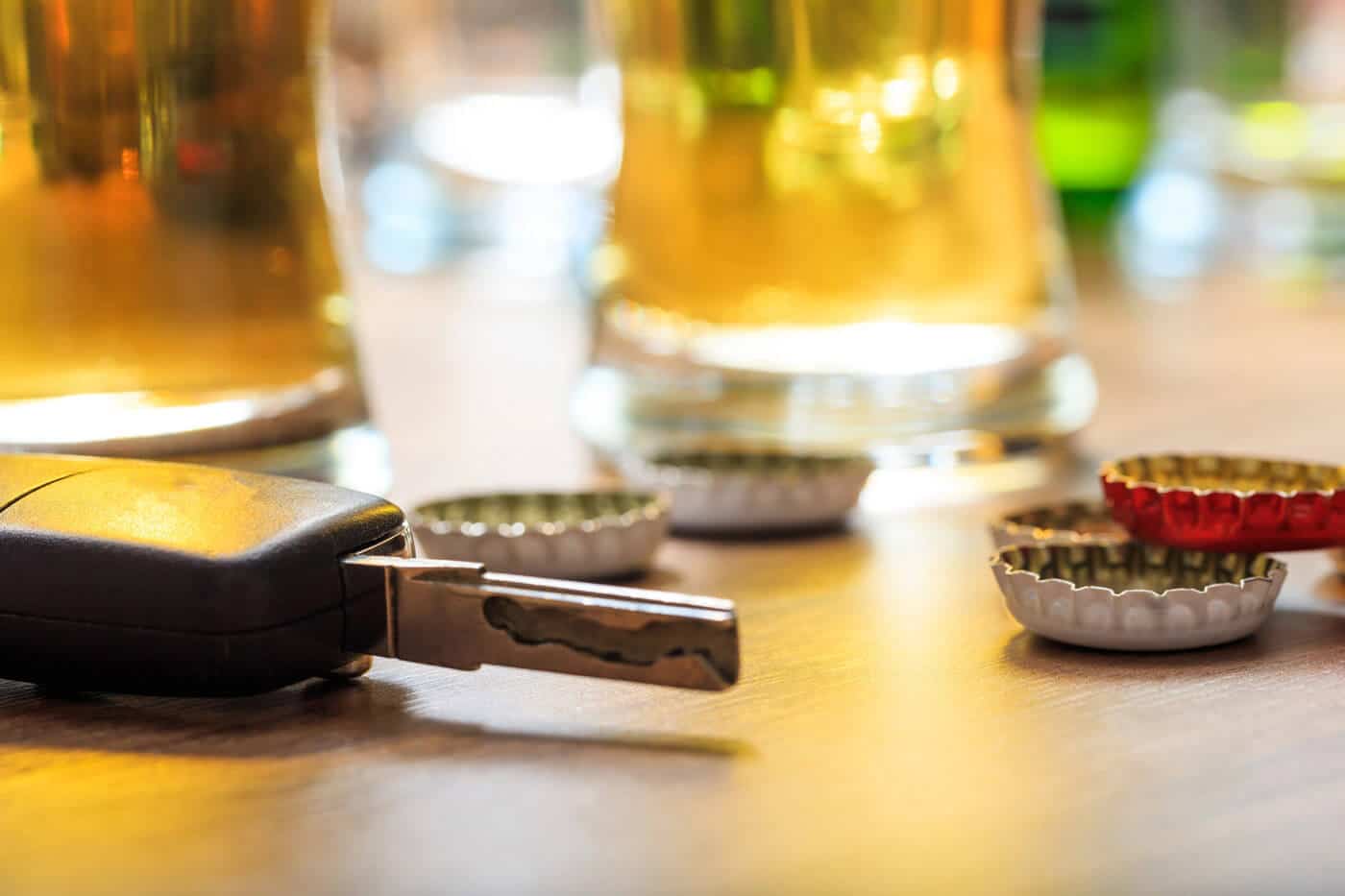Plea Deals for DWI in New Jersey: The New Law Explained
New Jersey Sees a Historic Shift Toward Plea Bargaining in DUI Cases

The Supreme Court of New Jersey, in State v. Hensen (1996), played a crucial role in questioning the constitutionality of the ban on plea agreements for DWI cases. The ban was suggested to infringe on the separation of powers provided for in the New Jersey Constitution because the court was exercising legislative power rather than a judicial one. The result found that the ban was a constitutionally supported decision as it was an administrative action of the criminal courts, thus upholding Guideline 4 until the recent change.
While plea bargaining is now an option, navigating the legal system in this area still requires professional guidance. Bronzino Law Firm can help you understand the implications and complexities of the new DWI laws and guide you through the legal process of defending your DUI case. Contact us today at (732) 812-3102 to speak with a DWI attorney regarding your specific case.
NJ Opens Door to Plea Bargaining in DWI Cases
In 2022, Bill S-3011 was introduced authorizing plea bargaining for some DWI cases, including drivers who refuse to take a breathalyzer test. (Refusing a test can result in an automatic admission of guilt.) The Bill allows for the use of ignition interlock devices (IID), which measure a driver’s blood alcohol content through a breathalyzer connected to the ignition, rather than a complete suspension of driving privileges and stiff fines. As this bill was in direct conflict with Guideline 4, on February 23, 2024, the Supreme Court of New Jersey withdrew the Court Rule to eliminate any conflict between the legislative and judicial bodies regarding plea bargains for DWI cases.
How the Shifting Stance on DWI in NJ Can Help You
Besides granting the possibility of a plea bargain, the old laws for DWI in NJ gave even first-time offenders lengthy suspensions, which left them unable to work and pay their fines, resulting in more fines and even jail time. The new laws in New Jersey, besides providing the opportunity for plea bargaining agreements, change the penalties for DWI convictions while incorporating IIDs to monitor an offender’s alcohol use when they drive.
A BAC of 0.08% to 0.10% in a first-time offender will be charged a fine of $250-$400, be subject to up to 30 days in jail, be required to attend no less than 6 hours over two consecutive days in an Intoxicated Drivers Resource Center (IDRC) and have a suspended license until an Interlock Ignition Device can be installed and their license and use of the IID without incident for 3 months. They must also pay an additional $1,000 for car insurance each year for three consecutive years.
A first-time offender whose BAC is between 0,10% and 0.15% must pay a fine of $300-$500, can receive up to 30 days in jail, must attend no less than 6 hours during two consecutive days in an Intoxicated Drivers Resource Center, face license suspension of 4 to 6 months, and have an IID in use for 7 to 12 months. An insurance surcharge of $1,000 for 3 years will also be assessed.
First-time offenders with a BAC of 0.15 percent or higher are subject to a 4-to-6-month suspension, during which they must install an ignition interlock device to be used 9 to 15 months after their license has been reinstated. All additional fines and jail time penalties at the prior BAC level apply.
A second-time offender can be charged a fine of $500-$1,000, 48 hours to 90 days in jail, a minimum license suspension of one year up to two years, 30 days of community service, a $1,000 insurance surcharge for 3 consecutive years, completion of IDRC programs, and use of an IID for 2 to 4 years after the license suspension has been completed.
A third-time offender must pay a fine of $1,000 and will receive a penalty of 180 days in jail, which can be lowered up to 90 days for time spent in an inpatient alcohol rehab. They must serve 30 days of community service and complete all required IDRC programs. They are subject to an 8-year suspension, an insurance surcharge of $1,500 per year for three years, and use of an IID for 2 to 4 years after license restoration.
It is important to note that if the offender chooses to install an IID device voluntarily, their fines will be waived. They will receive a 1-day credit towards their eventual license suspension for every two days the device is used. Credits are not applied when the DWI caused an accident involving severe bodily injury.
All convictions will include the following fees:
- $100 for the Intoxicated Driving Program,
- $100 for the Drunk Driving Enforcement Fund
- $100 for the Motor Vehicle Commission Restoration Fee
- $75 for the Secure Community Program
- $50 for the Violent Crimes Compensation Fee
The Role of Plea Bargaining and Prosecutorial Discretion for NJ DWI Cases
Prosecutors can now negotiate plea bargains with DUI attorneys, but there is no guarantee that every DWI case will result in one. The prosecutor must be confident that a plea bargain is warranted and that the accused will follow its requirements. DWI cases for commercial vehicles, drivers under the influence of drugs, or car owners who allow affected drivers to use their vehicles will receive a 6-month driving ban with their guilty plea, no matter the other conditions required.
Navigating NJ’s Reformed DWI Landscape: Opportunities and Challenges

Speak with a Brick, NJ DUI Attorney about Plea Bargaining Your DWI Case
The allowance for plea bargains in DWI cases allows you to avoid harsh fines and jail time. However, the possibility of getting a plea bargain is not a foregone conclusion. You need a skilled attorney to handle the system’s intricacies. Our DWI attorneys at Bronzino Law Firm know how difficult this situation can be. Facing fines and jail time can be frightening. We are excellent negotiators with years of experience and will work to get you the optimal result in your DWI case in Lacey, Tinton Falls, Middletown, Beach Haven, Toms River, Monmouth Beach, Mantoloking, Point Pleasant, or another town in Monmouth and Ocean County. We can create a solid defense that will put your specific case in the best light for the prosecution to agree to a plea bargain for lesser penalties, or identify a defense argument that can be used to get the charges dismissed. If you are interested in discussing a potential plea deal in your New Jersey DWI case, call us today for a free initial consultation at (732) 812-3102 or reach out to us online.







